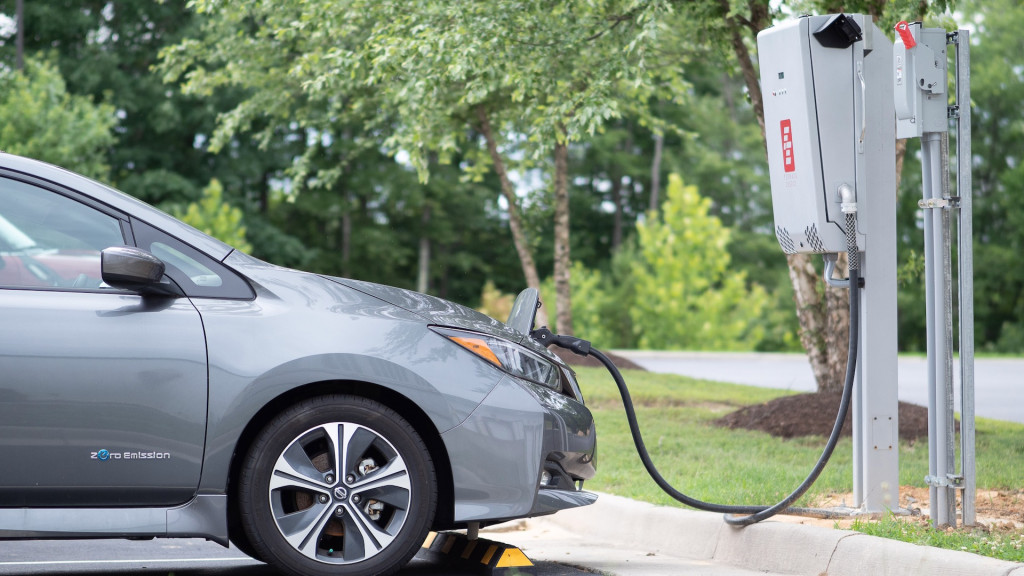The 2024 Nissan Leaf enters the new model year unchanged, and as the last fully electric vehicle in production using the CHAdeMO connector for DC fast charging.
Pricing starts at $29,235 with the mandatory $1,095 destination charge, up $340 from the 2023 model year. As with the previous model year, the Leaf lineup includes two grades, the base model being the Leaf S with a 40-kwh battery pack yielding 149 miles of EPA-rated range, and a single electric motor sending 147 hp and 236 lb-ft of torque to the front wheels.
Starting at $37,285 with destination ($390 more than the 2023 model), the Leaf SV Plus has a 60-kwh battery pack that increases range to an EPA-rated 212 miles. Output also increases, to 214 hp and 250 lb-ft of torque.
The current-generation Leaf dates back to the 2017 model year, but got some updates for 2023, including a battery change that boosted efficiency slightly. Subtle styling changes and a reshuffling of available features were part of the update as well.

Nissan Leaf and Fermata Energy FE-15 bidirectional charger – Photo by Fermata Energy
With the introduction of the Ariya, Nissan now has two EVs with two different fast-charging standards. The first-generation Leaf used CHAdeMO when it was essentially the only DC fast-charging standard, and Nissan kept it for the Leaf's 2017 redesign—with recent offerings finally able to take advantage of its bidirectional charging capability. But Nissan opted for the more popular Combined Charging Standard (CCS) for the Ariya.
That makes the Leaf the only new EV for the U.S. market with CHAdeMO, although the Mitsubishi Outlander Plug-In Hybrid also uses it (the Leaf and Outlander PHEV have both the CHAdeMO port and a J1772 port for Level 2 AC charging). As we recently underscored, there are plenty of places to fast-charge the Leaf. According to Energy Department data, as of June 2023, there are 4,779 charging locations that offer CHAdeMO with 6,930 individual connectors. That's less than the Tesla and CCS connectors, but servicing a smaller population of vehicles.












